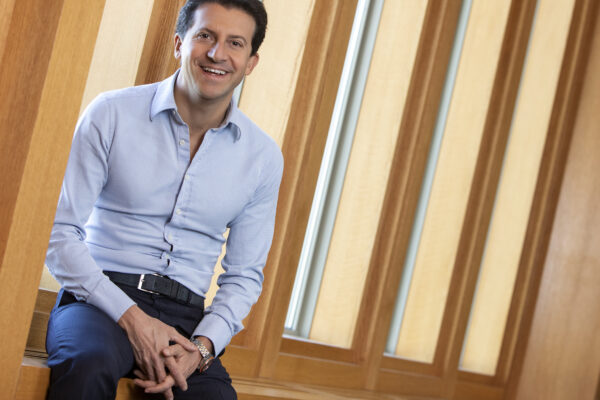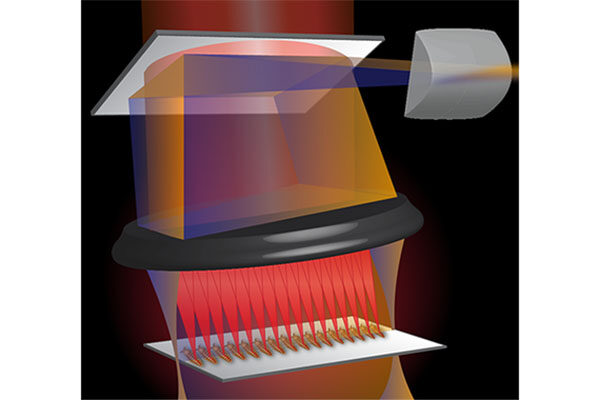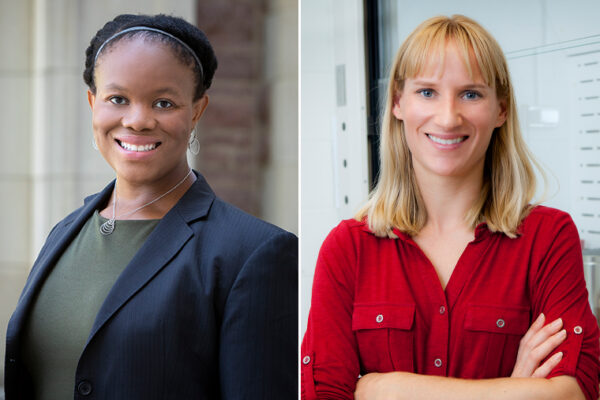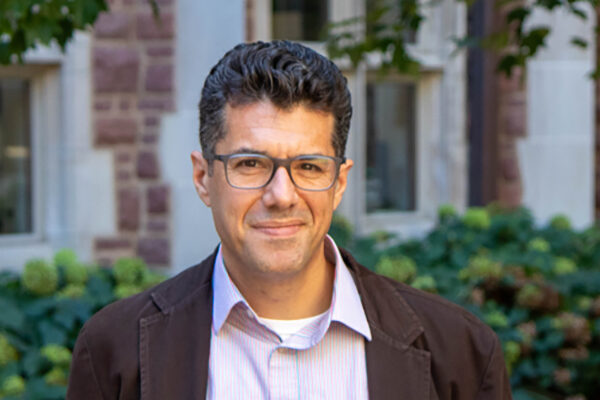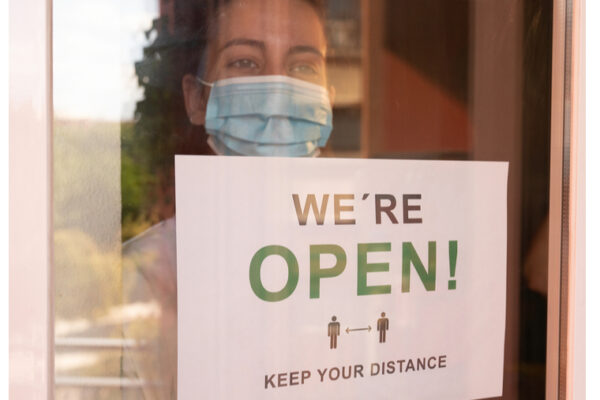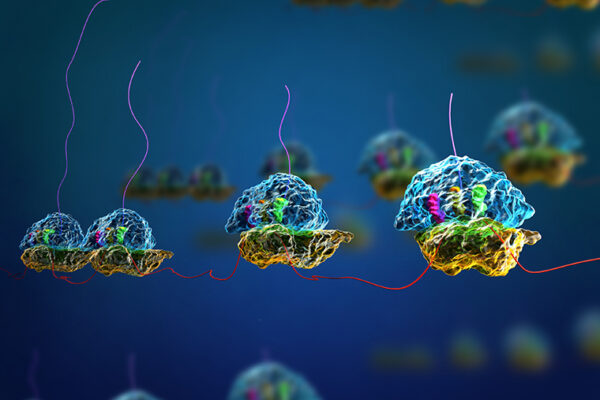NASA selects astrophysics mission to detect ultrahigh-energy neutrinos
Physicists in Arts & Sciences, including Brian Rauch, are part of a team funded by NASA to develop the concept for the most sensitive survey of cosmic ultra-high energy neutrinos ever conducted.
Sinopoli named IEEE Fellow
Bruno Sinopoli, the Das Family Distinguished Professor and chair of the Preston M. Green Department of Electrical & Systems Engineering at the McKelvey School of Engineering, has been named an IEEE Fellow of the Class of 2021, one of the organization’s most prestigious honors.
Colored light investigated to control irregular heartbeat noninvasively
The National Institutes of Health (NIH) has awarded a $2.1 million four-year grant for cardiac optogenetics research led by Chao Zhou, associate professor of biomedical engineering at the McKelvey School of Engineering.
New roles for Imoukhuede, Wagenseil
Princess Imoukhuede, associate professor, has been named director of diversity initiatives for the McKelvey School of Engineering. In addition, Jessica Wagenseil, associate professor, has been appointed vice dean for faculty advancement at the school, and she will serve as associate chair of the McKelvey Faculty Committee on Diversity, Equity and Inclusion.
Orange is the new ‘block’
New research from Washington University in St. Louis reveals the core structure of the light-harvesting antenna of cyanobacteria — including features that both collect energy and block excess light absorption. Orange carotenoid protein plays a key protective role, according to Haijun Liu, research scientist in chemistry in Arts & Sciences at Washington University in St. Louis.
Psychonomic Society recognizes Zacks with Mid-career Award
Jeffrey Zacks, associate chair and professor of psychological and brain sciences in Arts & Sciences, and of radiology at the School of Medicine, received the Mid-career Award from the Psychonomic Society.
How will we remember this holiday season?
How will this year’s celebrations be remembered? The answer will be “differently than normal” for some individuals, but collective memory for the pandemic itself is likely to fade quickly for most people.
Modeling can help balance economy, health during pandemic
An interdisciplinary team led by faculty at the McKelvey School of Engineering has developed a model to help navigate the delicate line between maintaining the economy and limiting the spread and mortality rate of COVID-19.
Seeking to avoid ‘full lockdown,’ cells monitor ribosome collisions
Ribosomes are the machines in the cell that use instructions from mRNA to synthesize functional proteins. When something goes awry, cells monitor for ribosome collisions to determine the severity of the problem, according to new research from Washington University in St. Louis biologists in Arts & Sciences.
Zhou to pursue novel imaging method with award
Chao Zhou, a Washington University in St. Louis engineer who develops novel optical imaging technologies for biomedical applications, has been awarded a Stein Innovation Award from Research to Prevent Blindness to pursue development of novel imaging methods for diagnostic uses.
Older Stories

